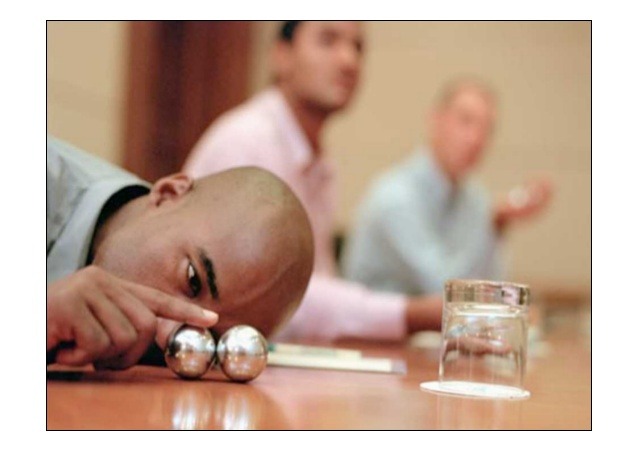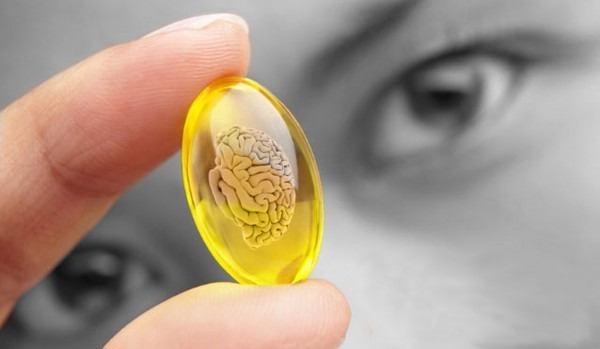Posts Tagged ‘pharmaceutical drugs’
Study shows promising results of EEG-based brain training in helping adults with ADHD
Managing attention deficit disorder by training the brain (ScienceDaily): Attention Deficit Hyperactivity Disorder (ADHD) affects about 7% of children, with a two out of three chance of persisting into adulthood. This neurodevelopmental disorder is characterised by concentration difficulties, increased distractibility, impulsivity and hyperactivity. Today, ADHD is treated with pharmaceutical drugs that may have unwanted side…
Read MoreStudy: Over-the-counter “brain enhancement” supplements in the US found both to a) contain multiple unapproved drugs and b) lack some ingredients listed on the label
Study: Your Brain Supplements Could Contain Dangerous, Illegal Ingredients (Being Patient): Brain supplements that claim to boost cognitive function are increasingly popular, growing from a $4 billion industry of about 4,000 unique products to a $40 billion industry with as many as 80,000 different products on the market.
Read MoreTime to update the regulatory framework for cognitive enhancement–especially nootropics?
Seeking an edge, these brain hackers mix up risky chemical cocktails for breakfast (Stat): “…A 31-year-old entrepreneur, Gutiérrez has thrown himself into the emerging movement of body hacking — or, more precisely, brain hacking. He’s a connoisseur of “nootropics,” a broad category that includes pharmaceutical drugs, dietary supplements, and do-it-yourself concoctions, all of them meant…
Read More


